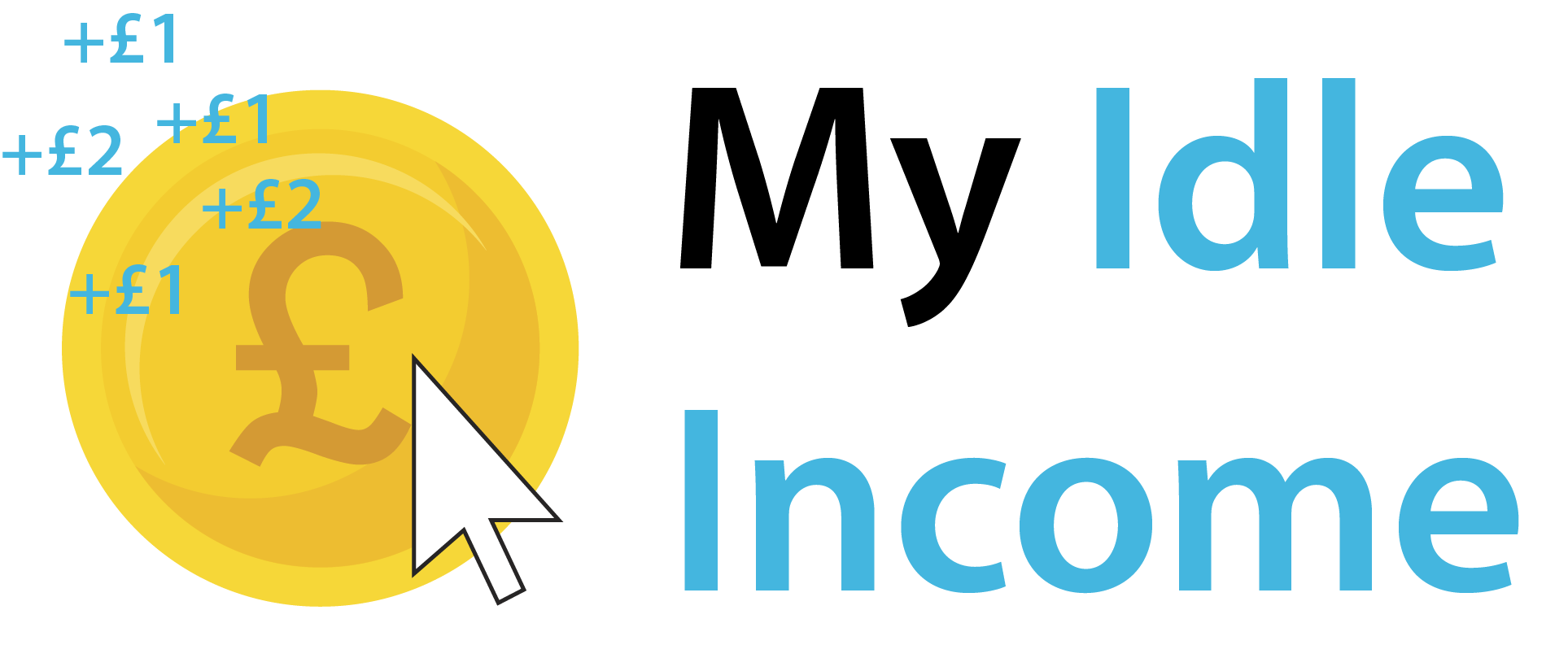This is the second part of my series of posts on cryptocurrencies. The first explains the basics of cryptocurrencies. If you haven’t read that article and feel you need to, you can check it out here.
Before you get started with acquiring cryptocurrencies, you’ll need a wallet to store them in. For Bitcoin, I personally recommend Xapo.com (link), but there are many other wallets available online. Each different currency usually needs a different wallet, but they can be easily found with a quick Google search. Once you have your wallet and your address (which usually looks something like this: 38bzV7GrdBK5vCjdxzxZTvrRpXTLUJGCSr), you can get started.
Mining

Not that kind!
Cryptocurrencies employ sets of cryptographic ‘hash’ functions in order to secure transactions between users, and to create new coins. Bitcoin, for example, uses what’s known as SHA-256, which was designed by the NSA. Prospective miners can use their computing power to run algorithms that solve blocks containing Bitcoin, in a process that’s referred to as mining. Every time a block is solved, a new hash is created, and the algorithm difficulty increases. In the beginning, people were able to mine using just their graphics processors, but as Bitcoin grew in popularity, special machines known as ASIC miners were created specifically to solve the SHA-256 algorithm as efficiently as possible. To get an idea of the difference here, a person mining with their GPU could probably mine at a rate of around 2 million hashes per second (2MH/s), whereas these ASICs could potentially mine at a rate of 6TH/s, or 6 trillion hashes per second, at only a fraction of the power usage. Because of this, mining Bitcoin is not feasible without special hardware.
That doesn’t mean other cryptocurrencies can’t be mined! There exist other sets of cryptographic hash functions that haven’t reached the heights of SHA-256, and so can be processed more easily by less powerful mining rigs. Litecoin, as an example, uses what’s known as Scrypt, and others exist such as x11 and scrypt-N that are employed by other altcoins. That said, it’s likely that a normal desktop PC or laptop will be unable to keep up with systems built specifically for mining.*
There is, however, a solution: cloud mining. Sites, such as Genesis Mining (link), allow you to pay for access to their miners. This is far easier than building your own crazy mining rig, and actually gives you a chance to turn a nice profit. The above site, for example, offers lifetime Bitcoin contracts that mine for you until it is no longer profitable to continue. If you wanted to get started with cloud mining on Genesis Mining, make sure you use the code LceruG for a 3% discount on any purchase, and to help my own cloud mining hashpower out.
*This isn’t strictly true. Burst, for example, is unique in that it can be mined using only hard disk space – meaning you don’t need a huge system to actually get into it. Read more about Burst on their website, here.
Faucets
If mining for cryptocurrencies isn’t your thing, there are sites known as ‘faucets’ that give out free cryptocurrencies (mostly Bitcoin) in exchange for the ad revenue that you generate by visiting their site. This isn’t quick – you won’t be gaining stacks and stacks of Bitcoin from these faucets, but it is easy. In most cases, once you make an account, you can earn a small amount of the currency every so often (usually an hour) by clicking a button and solving a captcha. Not all faucets are created equal – I recommend if you’re planning on checking some out, you head to this site and see which ones work well for you.
My personal favourite Bitcoin faucet is Freebitco.in (link). Not only do they offer a chance at up to worth of Bitcoin every hour, but once you reach a certain amount in your account, you can start to earn interest on your balance (4% per year, in fact). They also give out Reward Points – which can be exchanged for various prizes; including iPhones, if you’ve got 12 million points – and Lottery entries for a chance to win extra Bitcoin. I’ll definitely be writing in more detail about this particular faucet in the future.
Exchanges

Of course, if you don’t have the time, the processing power, or you just want to get some cryptocurrencies quick, you could just buy some. Don’t let the price of Bitcoin stop you, though – despite being worth over at the time of writing, you can purchase it in very small increments (to 8 decimal places, in fact), and still exchange for other cryptocurrencies, goods, or services.
To get started, head to somewhere like Coinbase (link) and buy some Bitcoin. Then, transfer it to your wallet, or an altcoin exchange like Poloniex (link) or Kraken (link), and use your Bitcoin to purchase other cryptocurrencies. This kind of cryptocurrency investment can really pay off in the long term. As an example – I recently bought £40.00 worth of Ripple using Bitcoin I had gained from faucets, which has since doubled in price.
And that’s pretty much all I have to say on the matter of acquiring cryptocurrencies! Good luck in your digital currency endeavors: whether you’re mining, using faucets, or just outright buying the coins. The next post in this series will be my thoughts on the best cryptocurrencies to invest your money in, so keep an eye out for that one.







Leave a Reply